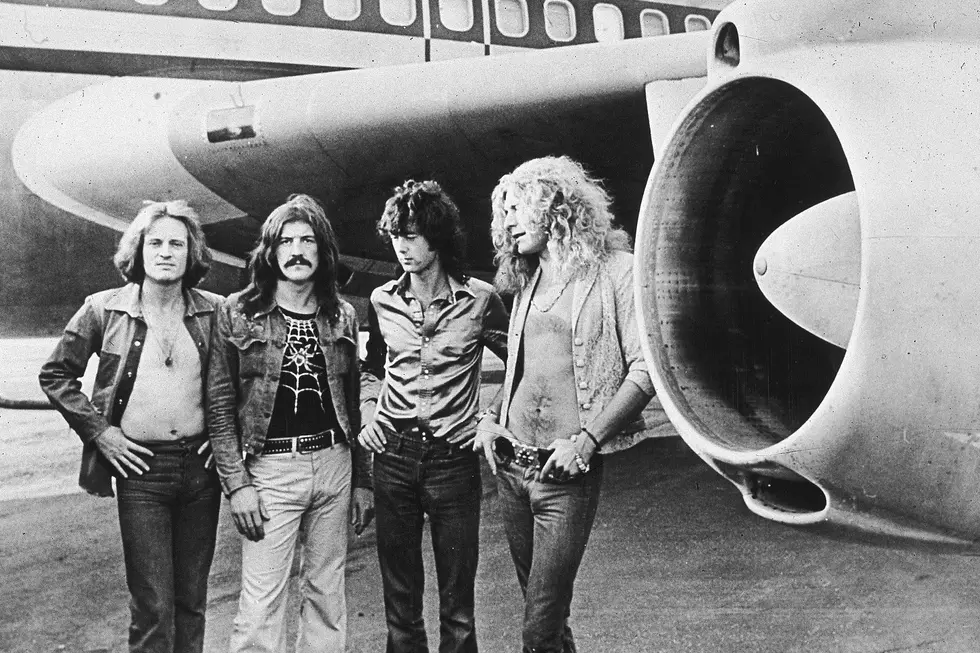
50 Years Ago: Led Zeppelin’s Bad Hair Day
Of all the controversies involving Led Zeppelin during their heyday, an incident on Feb. 14, 1972, is probably one of the most unusual.
The band was absolutely at the top of their game at the time, playing to sold-out crowds wherever they went in their private Boeing 720 airplane, the Starship. If politics hadn’t got in the way, thousands of people in Singapore would have been among those to see Robert Plant, Jimmy Page, John Paul Jones and John Bonham at their height.
But politics did come into play. Having achieved independence from the British Empire in 1959, Singapore became part of a federation of states until ideological disagreements led to its expulsion, and it became an independent nation in 1965. Those who ran the country had observed the issues caused in other parts of the world by the rise of counterculture and youth dissent, and wanted to avoid those issues – and that included introducing a form of apartheid against men with long hair.
Under threat of a fine or even imprisonment, there were reports of people being forcefully shorn, and of others losing their position in society if they wore hair that covered the eyebrows, ears or dropped below the collar of a shirt. Singapore's government departments issued posters warning that “males with long hair will be attended to last,” and in some places, people were so fanatical about obeying the law later known as Operation Snip Snip that they had females’ hair cut too – just to be safe.
Visitors to Singapore were given two options: have their hair cut before entry, or be refused entry with the ban in place for months even if they did see a barber. That was the choice given to Led Zeppelin when the Starship touched down. “Plans for a concert in Singapore … have had to be abandoned – because of their long hair,” the Record Mirror reported at the time. “The Singapore authorities will not admit anyone with long hair into their territory and the concert promoters told Zeppelin that they must have their hair cut short or there could be no concert. Instead, the group are visiting Bombay for two days on their way to Australia.”
The band never did perform in Singapore, although Plant performed a solo show there in 2013, complete with his usual length of hair. Other artists including Bee Gees had fallen foul of Operation Snip Snip, which was quietly phased out in the ‘80s. But not until an entire generation of Singaporean men adapted a specific style that was thought long enough to be a hippie but short enough to avoid trouble.
For Led Zeppelin, there was a surprising and positive side-effect. Their impromptu return to India, a few months since their first visit, allowed them to explore Bombay in more depth and encouraged Plant to pursue his ambition of recording with Indian classical musicians who’d never heard of his band. The so-called Bombay Sessions, recorded on a third visit later in 1972, were then heavily bootlegged.
Only two tracks have ever been officially released: versions of “Friends” and “Four Sticks,” the latter retitled “Four Hands.” Page later recalled warmly: “It was a great experiment.”
Listen to Led Zeppelin and the Bombay Orchestra's 'Friends'
Led Zeppelin Albums Ranked
Was Jimmy Page Almost Part of a New Supergroup?
More From 97.1 KXRX










